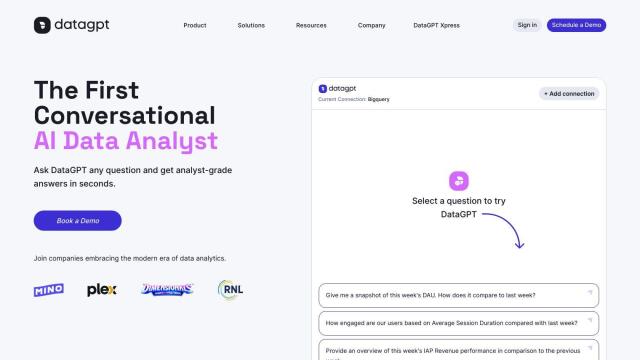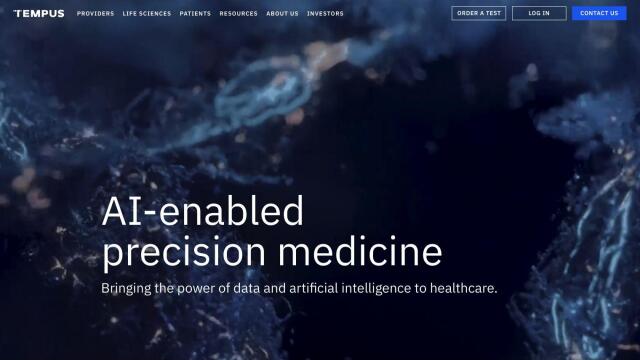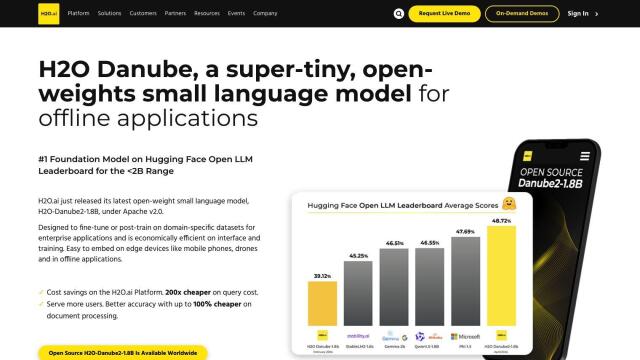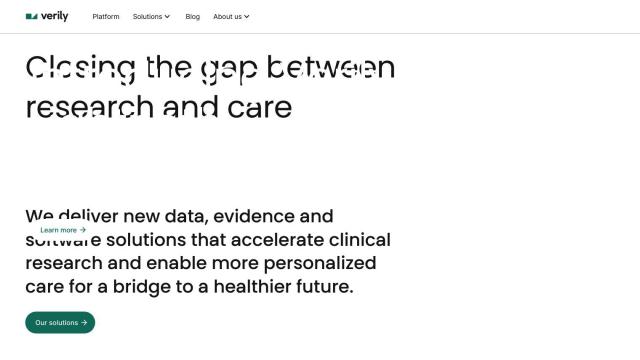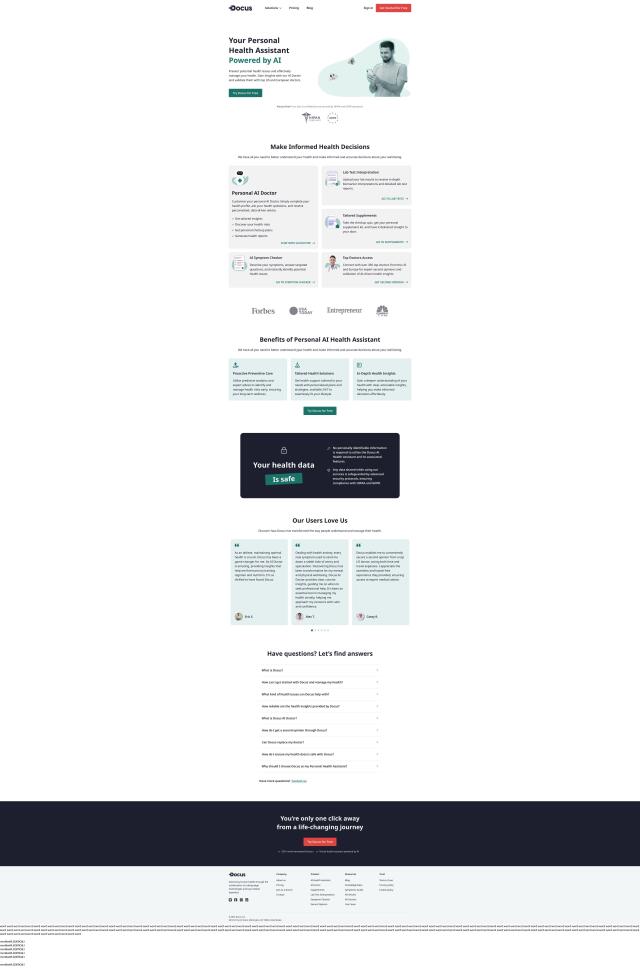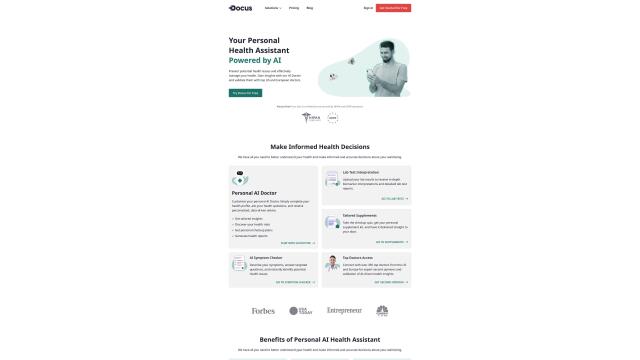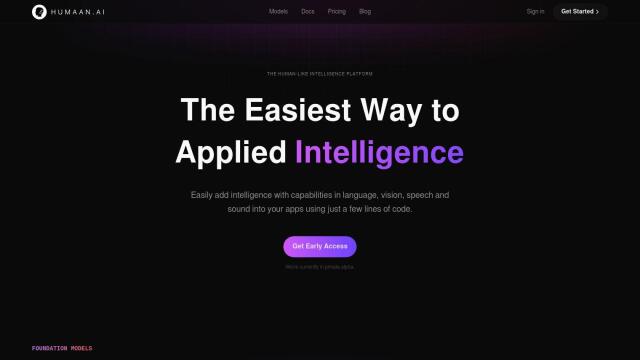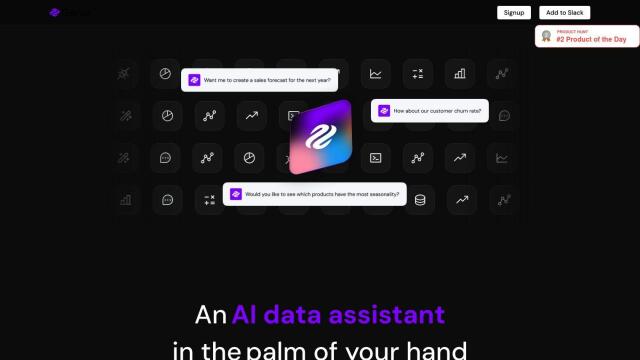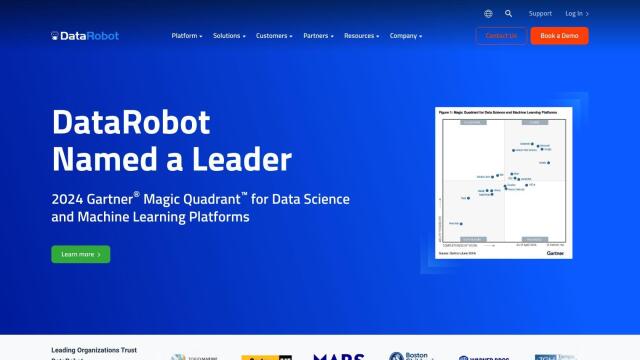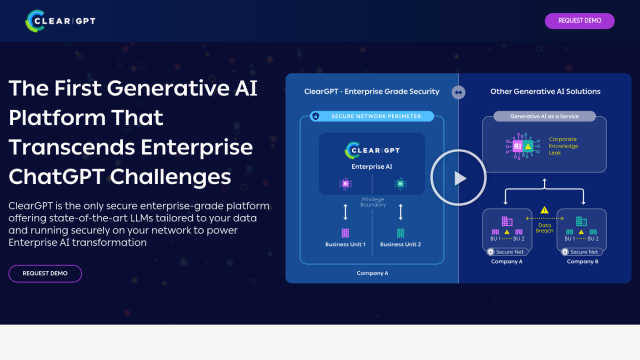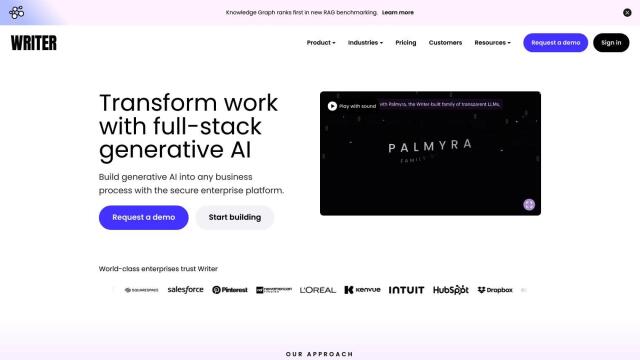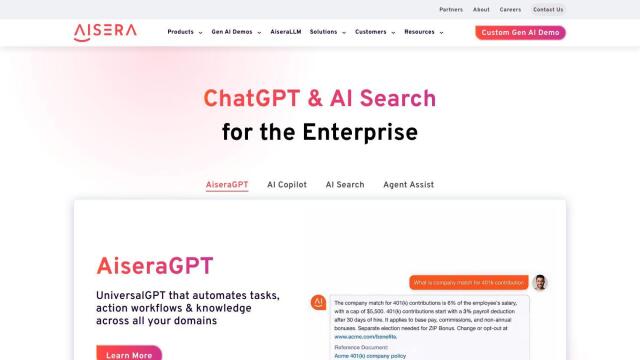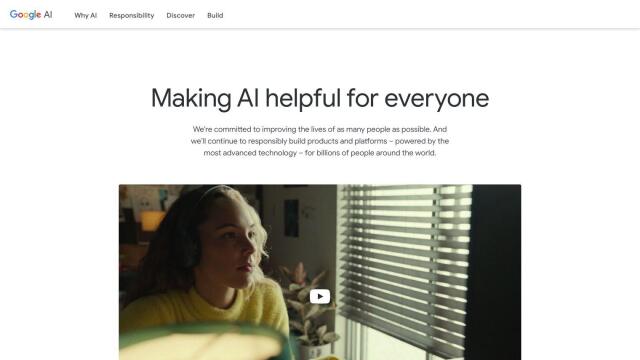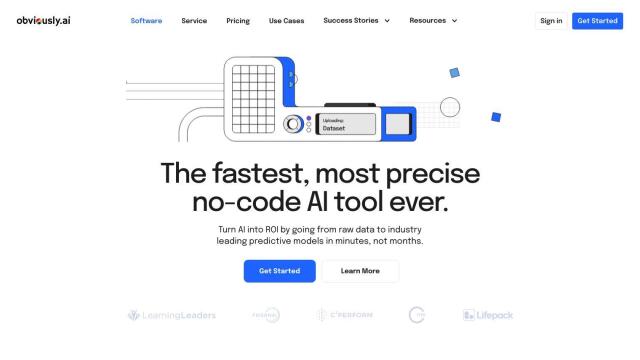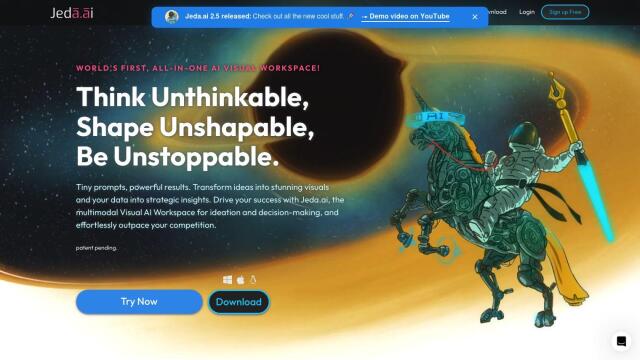Question: Is there a generative AI platform that provides easy-to-understand insights for life sciences professionals to inform decision making?

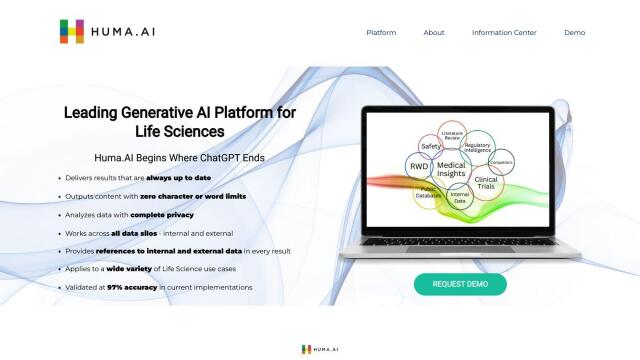
Huma.AI
If you're in the life sciences and looking for a generative AI platform to help you make decisions, Huma.AI is worth a close look. This life sciences-focused platform is geared for medical affairs, regulatory affairs and clinical development teams to analyze and interpret machine learning models. It's got features like up-to-date results, full privacy and access to internal and external data sources, so it's designed to make real-world data analysis easier and automate post-market surveillance. Validated at 97% accuracy, it offers actionable data and insights presented in plain language, with hands-on support from life science and IT experts.
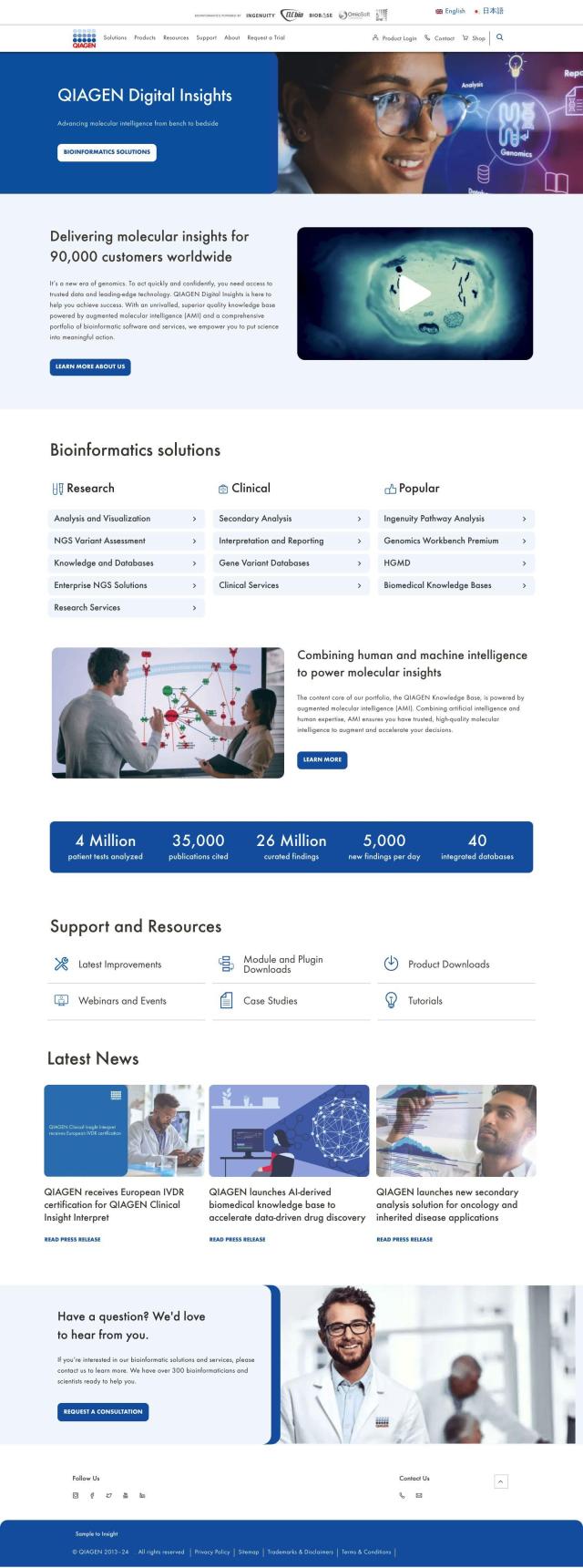
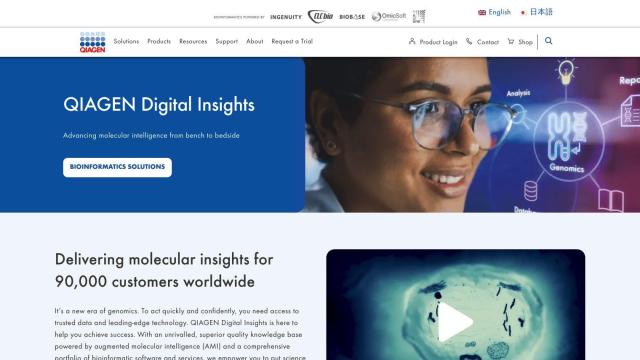
QIAGEN Digital Insights
Another tool worth considering is QIAGEN Digital Insights, a broad bioinformatics software platform. It offers expert-curated solutions for genomic and clinical research, so you can extract meaningful insights from basic research to patient care. With a range of applications including NGS variant assessment, gene variant databases and clinical services, QIAGEN Digital Insights includes tools like Ingenuity Pathway Analysis and Genomics Workbench Premium. It has 26 million curated findings and integrates with 40 databases, making it a good option for life sciences researchers who need molecular insights.
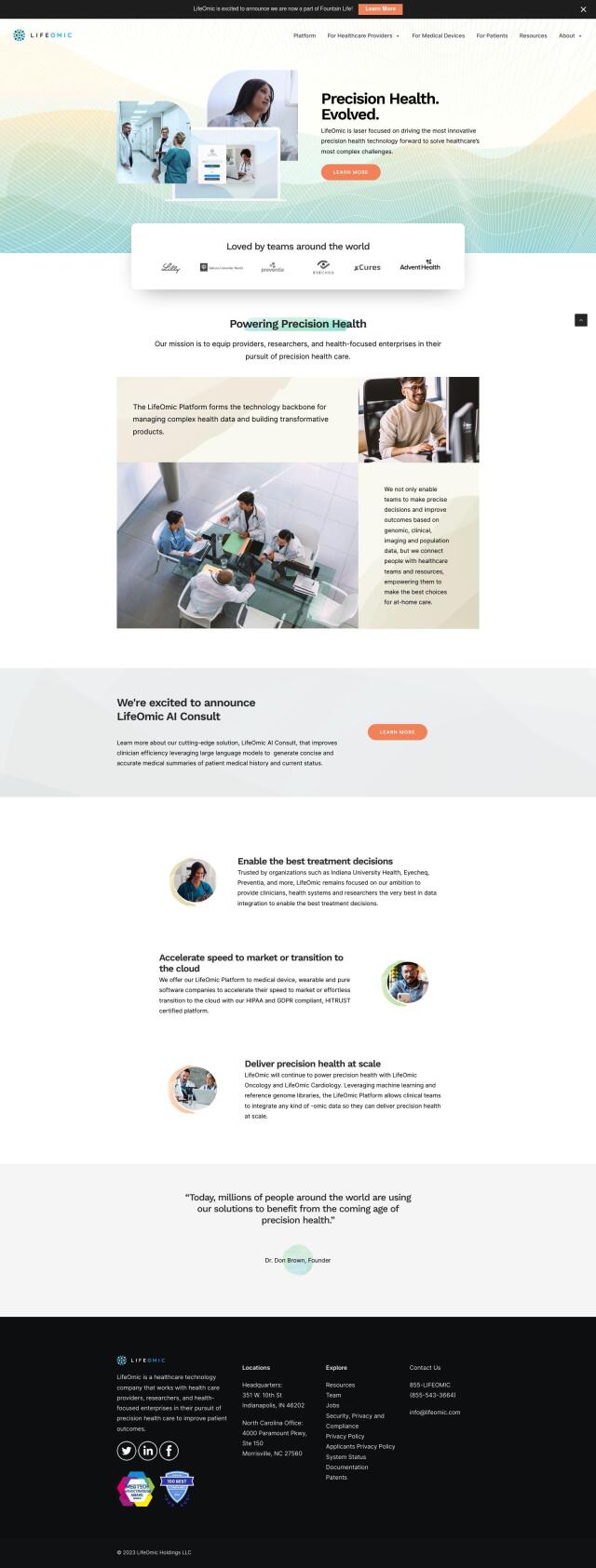
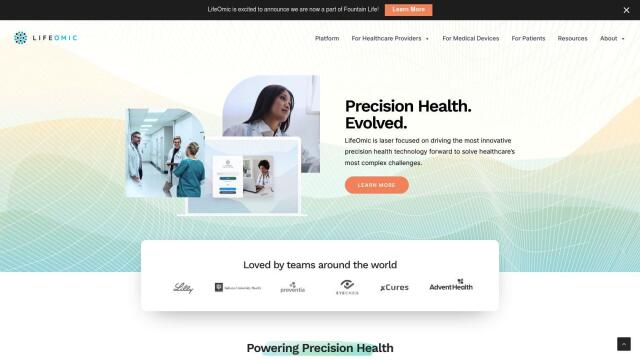
LifeOmic
LifeOmic is another option, which combines genomic, clinical, imaging and population data to help health care providers and researchers make decisions. The platform includes tools like LifeOmic AI Consult, LifeOmic Oncology and LifeOmic Molecular Tumor Board that use machine learning and reference genome libraries to provide precision health. It's HIPAA, HITRUST CSF and SOC2 certified and can integrate with a variety of data sources, making it a secure and efficient option for health care providers and researchers.

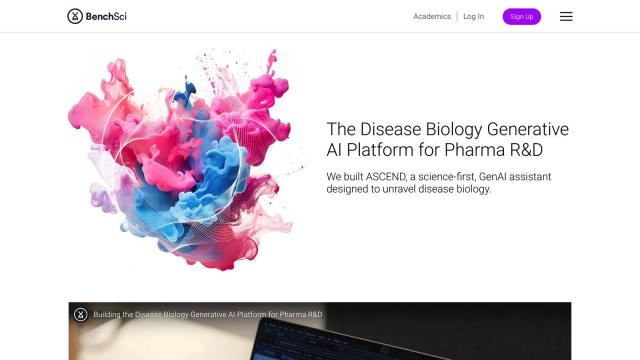
BenchSci
If you're trying to speed up drug discovery, BenchSci has ASCEND, an AI-powered information retrieval system. The company offers a scalable enterprise-grade software with biology-specific multimodal AI that can understand experiments from text and figures. ASCEND is designed to support a science-first approach, with a team of scientists and AI researchers working to accelerate the speed and quality of preclinical R&D. It's geared for pharmaceutical and biotech companies trying to improve their drug discovery.

